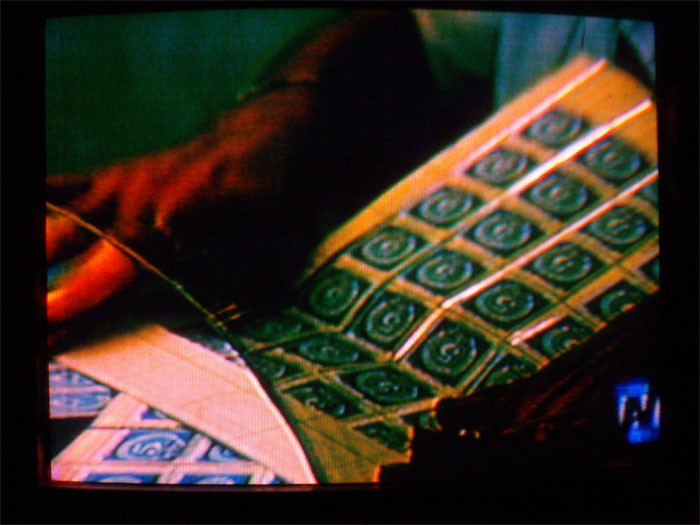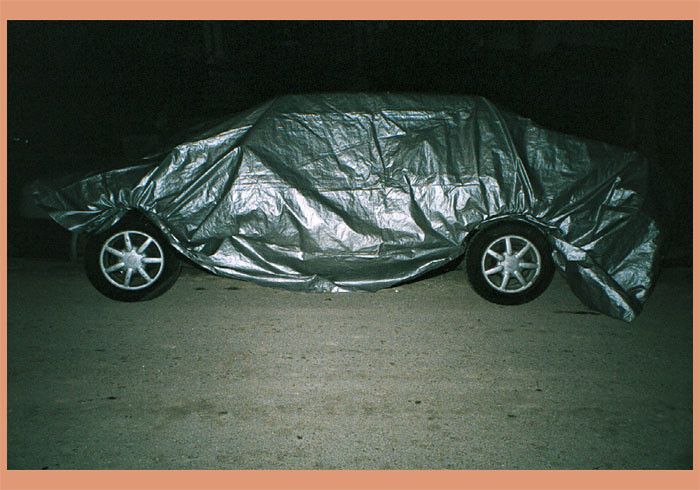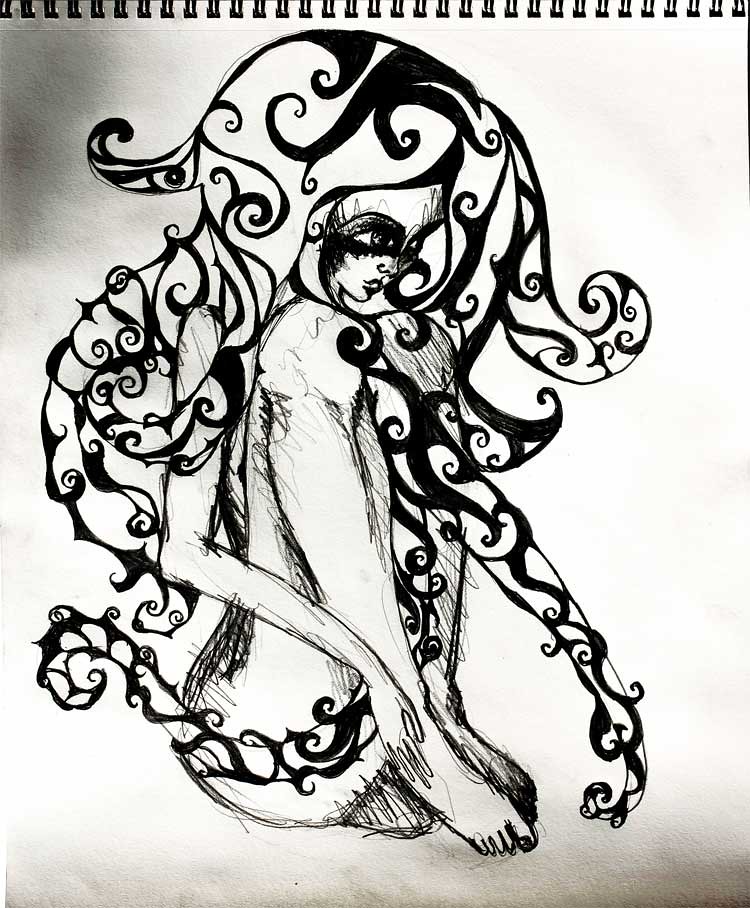 |
| Photo: Lía Villares |
Last Sunday, five minutes late and remorseful for having missed the opening scene, I turned on the screen. I love it all: the music, the script, the characters and the technology they use. Can you imagine my face--it’s a shame I was alone--when instead of hearing the theme music by U2 that opens each episode, along with fast-paced editing, I find some sepia images and a Cuban cop, billy club and all, on the screen? At the same time, on the same channel, they decided to substitute for CSI a program called “In the footsteps,” a pathetic series produced by the Ministry of the Interior, all rights reserved and everything.
Beyond disappointing all the viewers--because the difference in quality between the two programs would be, lets say, the same as that between Playita 16, a rough little stretch of sand, rocks and concrete along the waterfront here in Havana, and the world-class beaches of the resorts of Varadero--they must be unaware of their own limitations. Perhaps some standard-bearer could offer a phrase from Jose Marti: “Our wine is bitter but it’s our wine.” (I’d like to offer a joke, “Our wine is bitter, they must import it.”) But humility is also an exercise of intelligence and, obviously, is one of the virtues lacking at the Interior Ministry.












